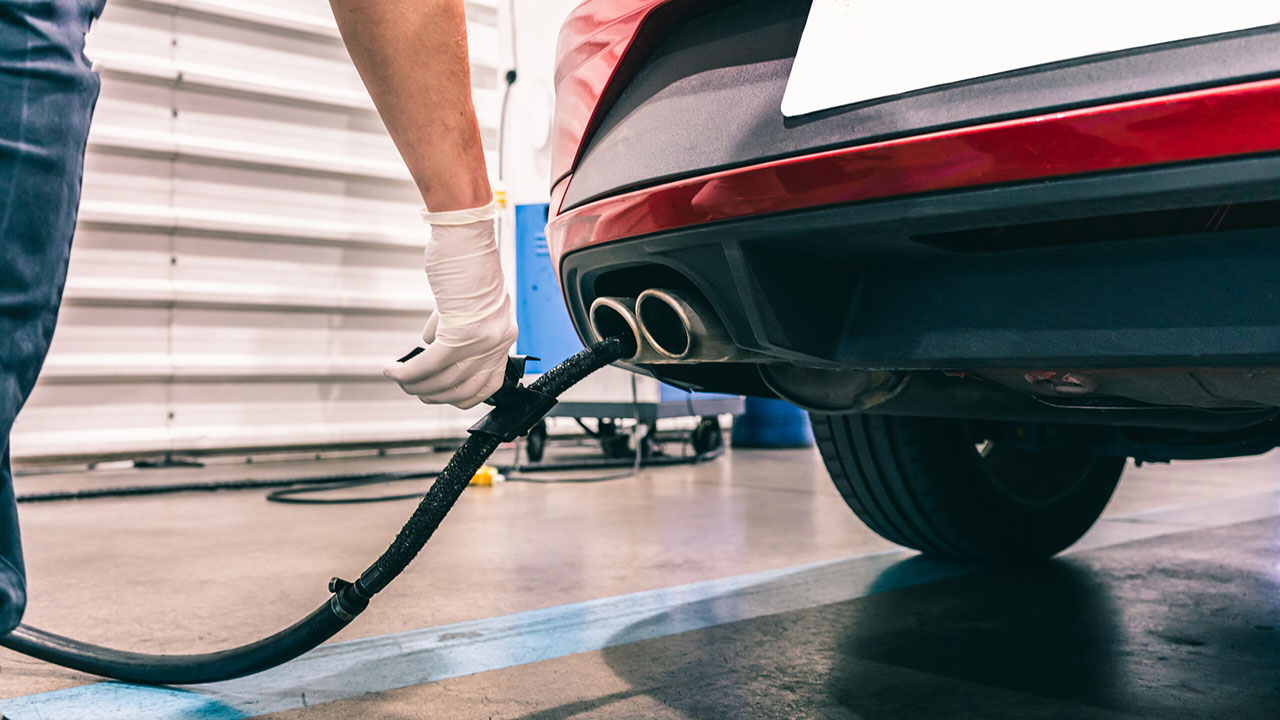The ECA audit, headed by Pietro Russo, highlights an urgent need for change. "A true and tangible reduction in cars' CO2 emissions will not occur as long as the combustion engine prevails, but at the same time, electrifying the EU's car fleet is a major undertaking," states Russo. The suggestion implies an imperative shift towards sustainable mobility.
Electric vehicles are identified as key to achieving the EU's goal for a zero-emission vehicle fleet. Automakers are urged to increase EV offerings. However, 75% of new vehicle sales still belong to combustion cars—with diesel emissions showing no change, while gasoline vehicles record a minor 4.6% decline.
The weightier, more powerful nature of modern cars offsets advancements in fuel efficiency, maintaining high emission levels. Furthermore, hybrid cars emit more CO2 on roads than during testing. The EU plans adjustments for hybrids come 2025.
Currently, plug-in hybrids enjoy benefits granted to low-emission vehicles despite these concerns. Interestingly, EVs have been the biggest factor in reducing overall on-the-road CO2.
There's a flip side though; electric vehicles might generate greater particulate emissions from tires due to their heavier build compared to traditional cars. Lab tests such as WLTP introduced in 2017 boost test accuracy but still lack perfection.
Past scandals over falsified emission figures cast doubt on lab results versus real-world data correspondence. To promote wider EV adoption, access to raw materials necessary for battery production must be increased since costs hinder consumer uptake significantly.
Cost barriers also result in older, less-efficient vehicles staying active on roads longer than ideal. With more affordable electric options possibly emerging soon, this trend could pivot favorably for environmental health and policies targeting emission reductions.
Source: ECA

